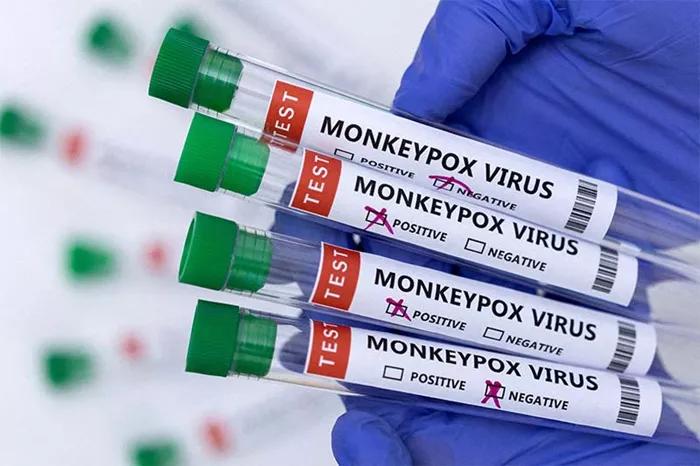In a bid to combat the sedentary lifestyle prevalent in many workplaces, a new study has highlighted the effectiveness of a daily 15-minute exercise challenge in enhancing employee health and well-being. Published in the journal Healthcare, the research conducted by the University of South Australia evaluates the impact of the “15-Minute Challenge,” a mobile health (mHealth) initiative designed to promote physical activity among employees.
Physical Activity and Workplace Health
According to the World Health Organization (WHO) 2020 guidelines, adults should engage in 150–300 minutes of moderate-intensity or 75–150 minutes of vigorous-intensity activity per week to significantly reduce their risk of premature mortality by 20–30%. Despite these recommendations, a substantial proportion of adults fail to meet these activity levels, exacerbating global health issues.
Workplace environments, often conducive to sedentary behaviors, further contribute to these health challenges. The 15-Minute Challenge aims to address this issue by integrating short, manageable exercise sessions into the workday, thereby fostering a culture of physical activity.
Program Overview and Implementation
The 15-Minute Challenge leverages mHealth technology and principles of behavioral economics to encourage employees to partake in daily 15-minute exercise routines. The initiative incorporates gamification elements, such as team competitions and social sharing, to boost engagement and motivation.
The study analyzed the program’s effectiveness using a retrospective cohort design over a six-week period, involving employees from workplaces across Australia, New Zealand, and the United Kingdom. Participants tracked their physical activities via a mobile app, which included features to enhance motivation and track progress.
Study Findings
The research included 11,575 participants from 73 companies, collectively logging 19 million minutes of exercise. Notably, 69.6% of participants engaged in daily physical activity, and 70.8% continued to participate throughout the study. The median daily exercise duration was 45 minutes, with participants averaging 34 active days during the study period.
Health metrics showed significant improvements, including a 14% increase in perceived fitness, a 11.6% rise in energy levels, and a 7.7% enhancement in overall health. The proportion of participants meeting or exceeding international physical activity guidelines soared from 57.3% at baseline to 95.4% by the end of the program.
User feedback was overwhelmingly positive, with 92% of participants expressing a willingness to recommend and rejoin the program. However, only 42% reported reductions in stress levels, indicating a need for further investigation into the program’s impact on stress management.
Conclusions and Future Directions
The 15-Minute Challenge has demonstrated significant potential as a workplace wellness intervention, effectively increasing physical activity and improving key health outcomes among employees. The high participant satisfaction and substantial improvements in health metrics underscore the program’s effectiveness.
Nevertheless, the study’s reliance on self-reported data and the lack of a control group are notable limitations that may affect the robustness of the findings. Future research should employ more rigorous study designs, such as randomized controlled trials, to validate these results and explore long-term impacts on employee morale, productivity, and overall workplace outcomes.
[inline_related_posts title=”You Might Be Interested In” title_align=”left” style=”list” number=”6″ align=”none” ids=”11724,11686,11540″ by=”categories” orderby=”rand” order=”DESC” hide_thumb=”no” thumb_right=”no” views=”no” date=”yes” grid_columns=”2″ post_type=”” tax=””]

































